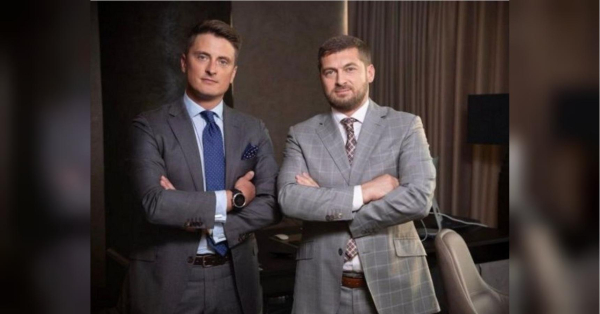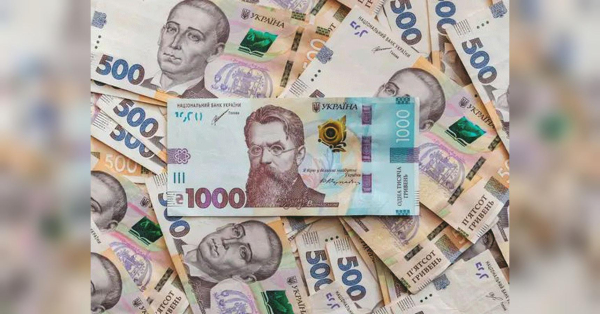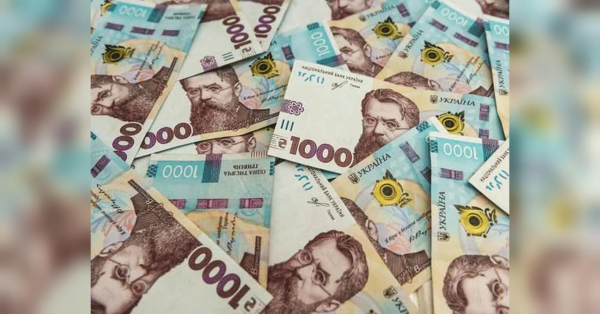
TALLINN, Estonia — Belarus, one of Russia's closest allies, has partially restored controls on its border with its neighbor, Belarusian Foreign Minister Sergei Aleinik said Wednesday.
This is the first time in 28 years that there have been checks at the 1,239-kilometer (770-mile) border.
According to Aleinik, the introduction of border controls aimed to avoid the entry of third-country nationals into Belarus, ahead of the implementation of an intergovernmental agreement on the mutual recognition of visas.
However, human rights activists think the border checks will target Russian men trying to avoid mobilization into the Russian army.
Aleinik said that checks on people crossing the Belarusian-Russian border are carried out by Belarusian border guards in close cooperation with their Russian counterparts. “It’s not really control, it’s more like monitoring the situation on the border,” Aleinik told reporters in Moscow.
In 1995, all border controls between Russia and Belarus were removed. Russia and Belarus have an alliance agreement under which the Kremlin subsidizes the Belarusian economy, via loans and discounted Russian oil and gas. Russia has previously used Belarus, an economically dependent ally, as a springboard to send troops and missiles into the war in Ukraine.
Checks by the Belarusian border service began May 5, but Belarusian authorities did not comment on this development until Wednesday.
Also Wednesday, Russian Minister for Digital Development Maksut Shadayev said that a unified database of persons eligible for military service should be in place in time for the autumn draft, along with the introduction of electronic summonses.
Under Russia's new rules, signed into law last month, anyone served an electronic summons is banned from leaving the country before appearing at an enlistment office.
Thousands of Russians have fled to Belarus to escape mobilization and persecution in Russia after the start of the war in Ukraine in February 2022. In one such case, after he was sentenced to two years in prison after his daughter drew an “anti-war” picture in school, Alexei Moskalyov fled from Russia to Belarus. He was detained in Minsk in March and later extradited to Russia.
“(Belarusian President Alexander) Lukashenko responds to any threats, including sabotage, with increased control, which is also beneficial for Russia, which seeks to limit the ability to leave the country for those who try to avoid mobilization and participation in the war with Ukraine,” said Pavel Sapelko of the Belarusian human rights center Viasna.
Sourse: abcnews.go.com






